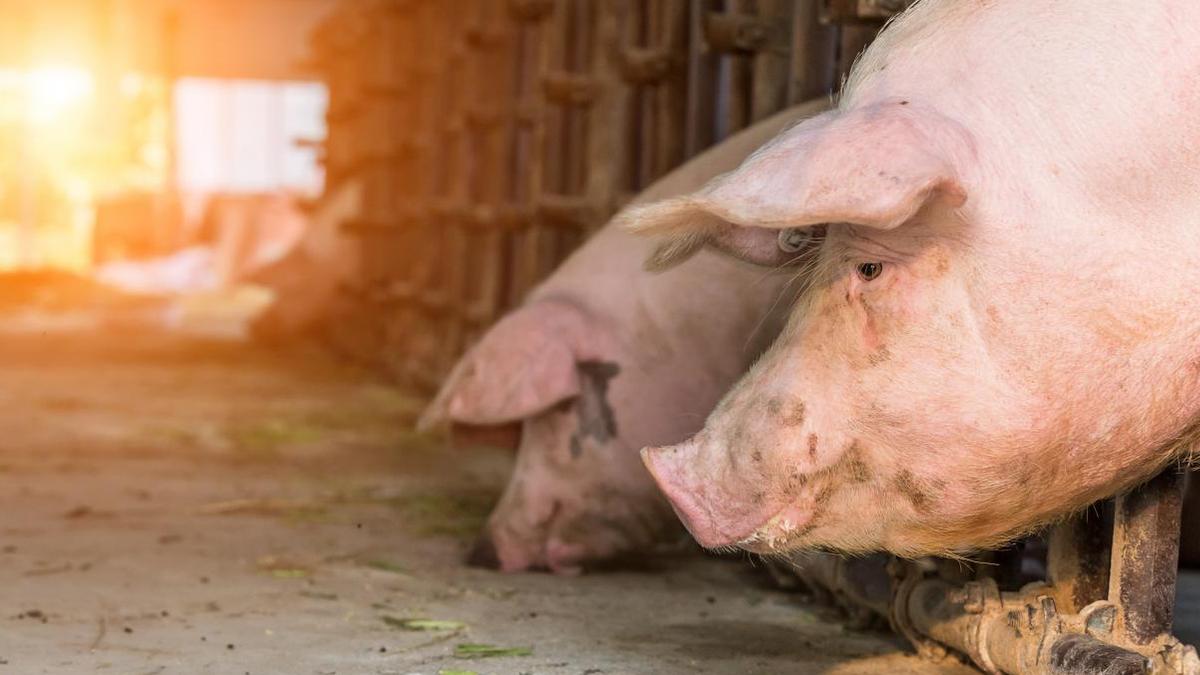Revision of the Act on the Prevention of Livestock Diseases to mitigate the effect of ASF outbreak on the Korean pork market
While the worry of livestock disease is increasing since porks have been found dead in September from the African swine fever (ASF) in Paju, Korea will provide support on the operation (disposal) and disinfection costs for local governments and farmers (Article 13), and extend the required period of payment for the cost of livelihood security from farming households.
This measure comes as an attempt to mitigate the cost burden for farmers while assuring the infection does not spread amidst increasing anxiety from the consumers, although the disease outbreak has been contained near the North Korean border so far. Since the first case of ASF was announced in September 2019 in Korea, more than 150,000 pigs have been culled.
While the local price of pork originally increased at the outbreak of the disease in China in April due to a cut in supply, the wholesale price of pork has recently plunged by 40% to 2,969 KRW/kg on Oct. 18th compared to one month earlier due to a fall in consumption, according to data by the Ministry of Agriculture, Food and Rural Affairs. The price is 24,1 % below compared to 2018.
In the same October month period, the retail price of pork belly, one of the most popular pieces for the consumers, has also been decreasing by more than 13% to 17,810 KRW.
The consequences of the outbreak is not strong however on the trade volume of fresh/frozen pork products, as the country is a small exporter (mainly to Hong Kong and the Philippines) and was already a net importer prior to the ASF outbreak. The US remains the largest exporter to Korea, followed by Germany and Spain.
Sources:



